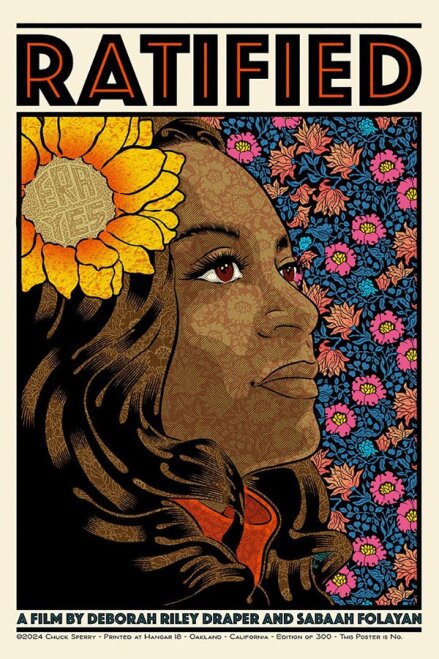As classes resume, students are again faced with the frustration of paying high tuition rates. Less governmental support for education due to the international economic crisis has led to budget cuts, tuition increases and privatization.
For months students around the globe have been protesting for better, more accessible education. Each demonstration has been met with hostility, but protests are expected to renew in ferocity as the spring semester begins.
These austerity measures have created an uproar because students are either unable to attend school or are left with insurmountable debts.
England
London has been a major hub for student protests due to a new policy that will almost triple tuition rates. When parliament voted in early December, students took to the streets in violent protests.
“Education is a human right, it is not a privilege,” said Millie Fry a student at Leeds Metropolitan University. In addition to demonstrating on campus, she was one of thousands on the streets of London protesting tuition hikes.
Despite its controversy the policy was passed. Some universities will soon be allowed to increase maximum tuition from 3,290 pounds to 9,000 pounds. The amount students are allowed to borrow also increased drastically.
Universities are flooding with applications from students hoping to enroll before the changes go into effect in 2012. If the trend continues, vacancies are expected to fill quickly, leaving hundreds of thousands without an opportunity to continue their education.
Puerto Rico
Violence was also seen in Puerto Rico surrounding students protests. An $800 fee is expected to leave 10,000 students unable to attend University of Puerto Rico. Campus protests led to the arrests of several students who were later released without charges.
The University of Puerto Rico is now under police supervision and a blanket ban is in effect preventing further protests. Several students have been threatened with expulsion.
Xiomara Caro, a law student at the university of Puerto Rico said that the university hasn’t been transparent throughout the process. She fears that the reality of the policy to be implemented with the fee has less to do with money than with transforming the public university.
Tension is expected to increase as classes resume this week. The struggle is now being called a fight for public education.
Pakistan
The privatization of education is an international trend. Dozens of schools are to be placed under a board of governors in the Punjab region of Pakistan. Many are saying this is a step toward privatization, but the government claims it is more of a deregulation intended to take the bureaucracy out of higher education and make it more independent.
“You could still make (higher education) independent, you could still take the bureaucracy out of it without taking away the funds,” said Muhamad Ali Jan, lecturer at Lahore University of Management. He said the policies are going into effect because schools need money and international financial institutions have told them to privatize.
These are only three of many student protests around the world demonstrating against budget cuts, increased tuition and privatization of education.
Budget cuts are expected to continue in order to minimize national deficits. As such, student protests are also expected to continue. Protest organizers have attempted to reach out to the working class and other countries for additional support.
“We are individuals, we have individual needs, but that doesn’t mean we can’t organize collectively,” Fry said. “All of our rights have been fought for and won by people, by grass roots movements.”

























